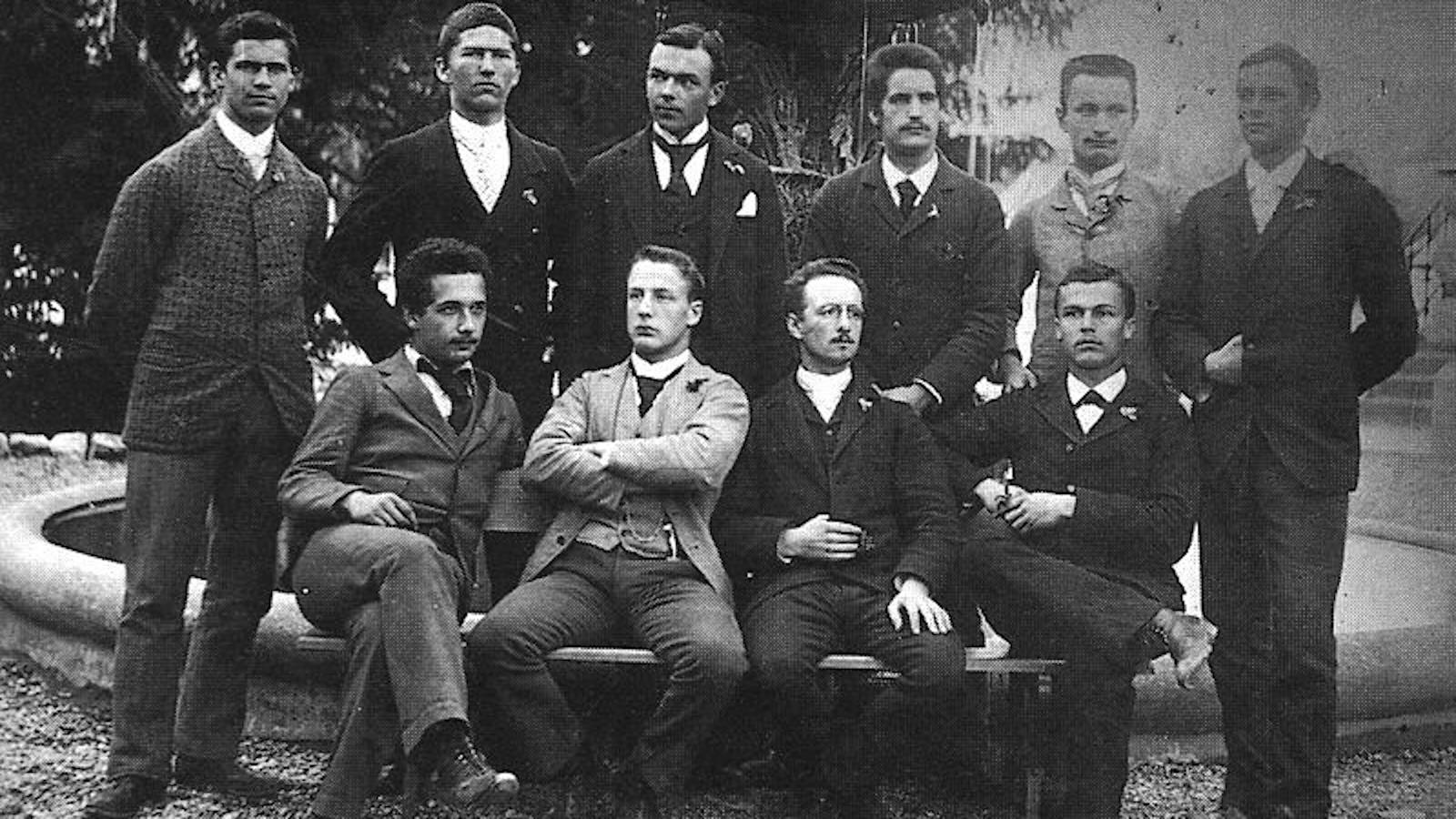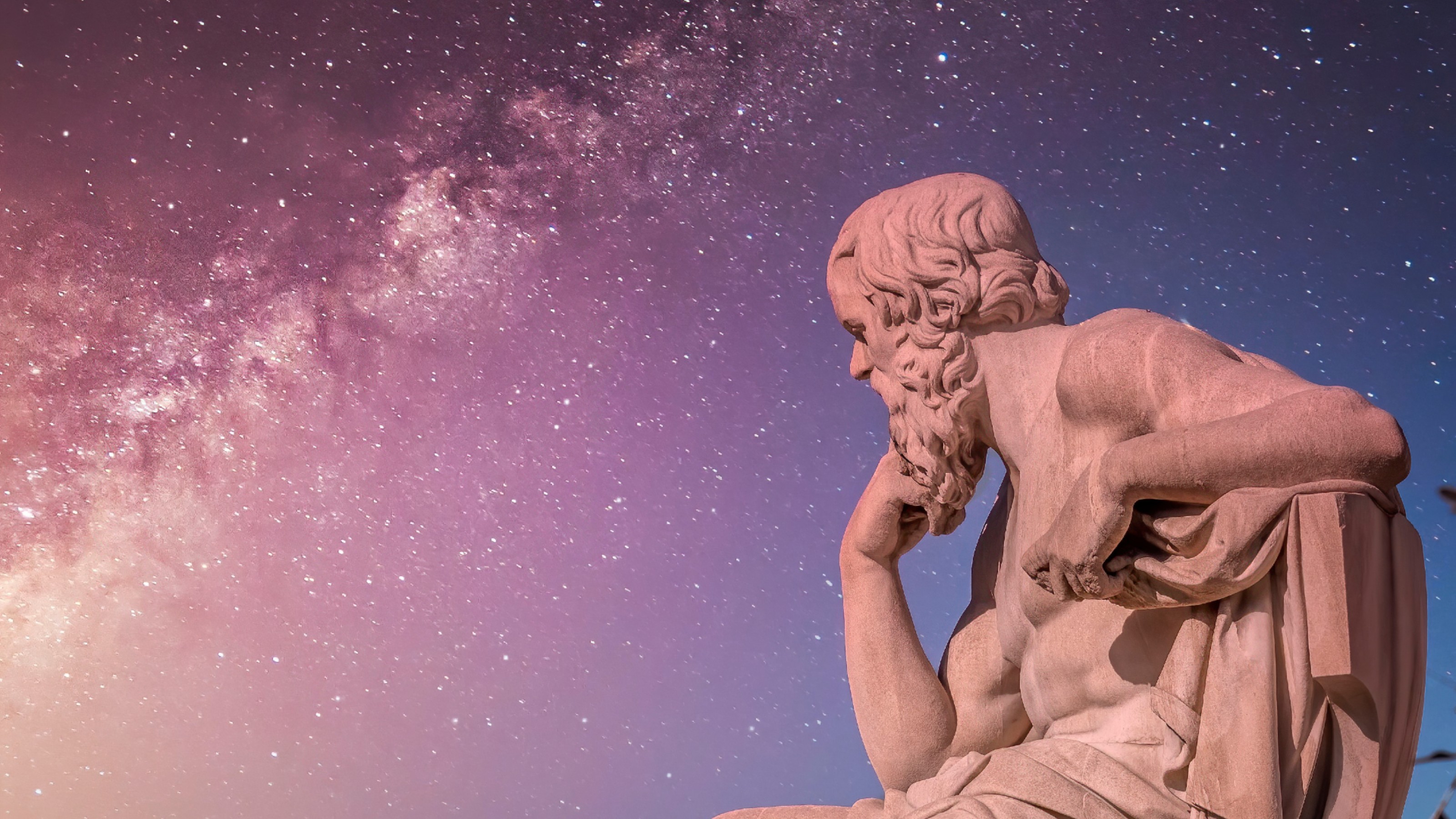You don’t learn anything from being certain—you’re far more likely to learn something by throwing yourself into something unknown and figuring it out. Science rewards uncertainty, and neurologist Beau Lotto says it is science where uncertainty is it’s actually celebrated. In saying that he might be overlooking more pedantic professions (i.e. detectives and chefs are two jobs where, one can imagine, you have to operate on figuring things out on the fly) but Beau’s point is clear: science is an area where you are constantly putting your brain into a space that is open and celebrates uncertainty and possibility. To be great at this, he suggests it takes a talent not unlike that of the great artists and painters and writers and musicians of history. Beau Lotto’s new book is Deviate: The Science of Seeing Differently.
Beau Lotto: Yes, so I mean a really good question is how do you expand, how do you in the very least change your space of possibility? And one way of changing of course is to expand it. And especially if doing so requires you to step into uncertainty. Because if everything is really nice inside your little village during evolution what a stupid idea to see what’s on the other side of the hill because now you’ve just increased the possibility of dying because dying is actually really easy. So, in fact, we even have a safety bias that our assumptions will gear us towards safety. Because again, it’s easy to die. So are there tricks, are there ways, are there principles that enable people to step into uncertainty? And the answer is yes.
Because it’s such an important point. It’s such an important space to be that evolution also gave us a solution to that. So if you think what is the one activity where uncertainty is not simply tolerated it’s actually celebrated, it’s actually sought, it’s a way of being. And we have a name for that way of being which we call science.
So science is not defined by a methodology which is too often thought to be what science is. If you think, "What defines a good science test or good science?", it’s this way of being that celebrates uncertainty. It’s open to possibility. It’s inherently cooperative.
And it’s what we call intrinsically motivating. The reason for doing a discovery, the reward for a discovery is the discovery itself. Almost everything we do in the world we do one thing in order to get a reward that’s different from the thing that we did. You work to get money. But the inherent reward for science, for discovery, is the discovery itself. Now if you think – and what’s more science has an intention. Now if you think about those first three or four principles – celebrating uncertainty, open to possibility, inherently motivated, inherently cooperative – those are the exact same definitions of play. Which means that science isn’t like play. Science is play. But it’s play with intention. And if you add rules to play you have a game which is nothing other than an experiment. And what’s true for science it actually transcends science. Because anything that is creative is effectively play with intention.
So this concept of there being a distinction between art and science is completely arbitrary.
Because these are different methodologies for applying the same underlying principle way of being which is play with intention. And this isn’t – I should say - and this isn’t to say that science is playful and fun and all that, which I find to be a slightly trivial way of trying to get people into science. Because to play well is hard. Talk to an Olympic athlete, right. To get to a gold medal is a really hard thing to do. To play chess incredibly well is really hard.
So to do science, to be creative really well is hard. But nonetheless it’s a way of putting your brain into a space that where it’s open and celebrates uncertainty and possibility. Which is inherent in actually good leadership. Because what defines a good leader is how you lead others into uncertainty. Which means you have to create an ecology, an environment that enables people to celebrate the possibility, ask questions, search, discover.




